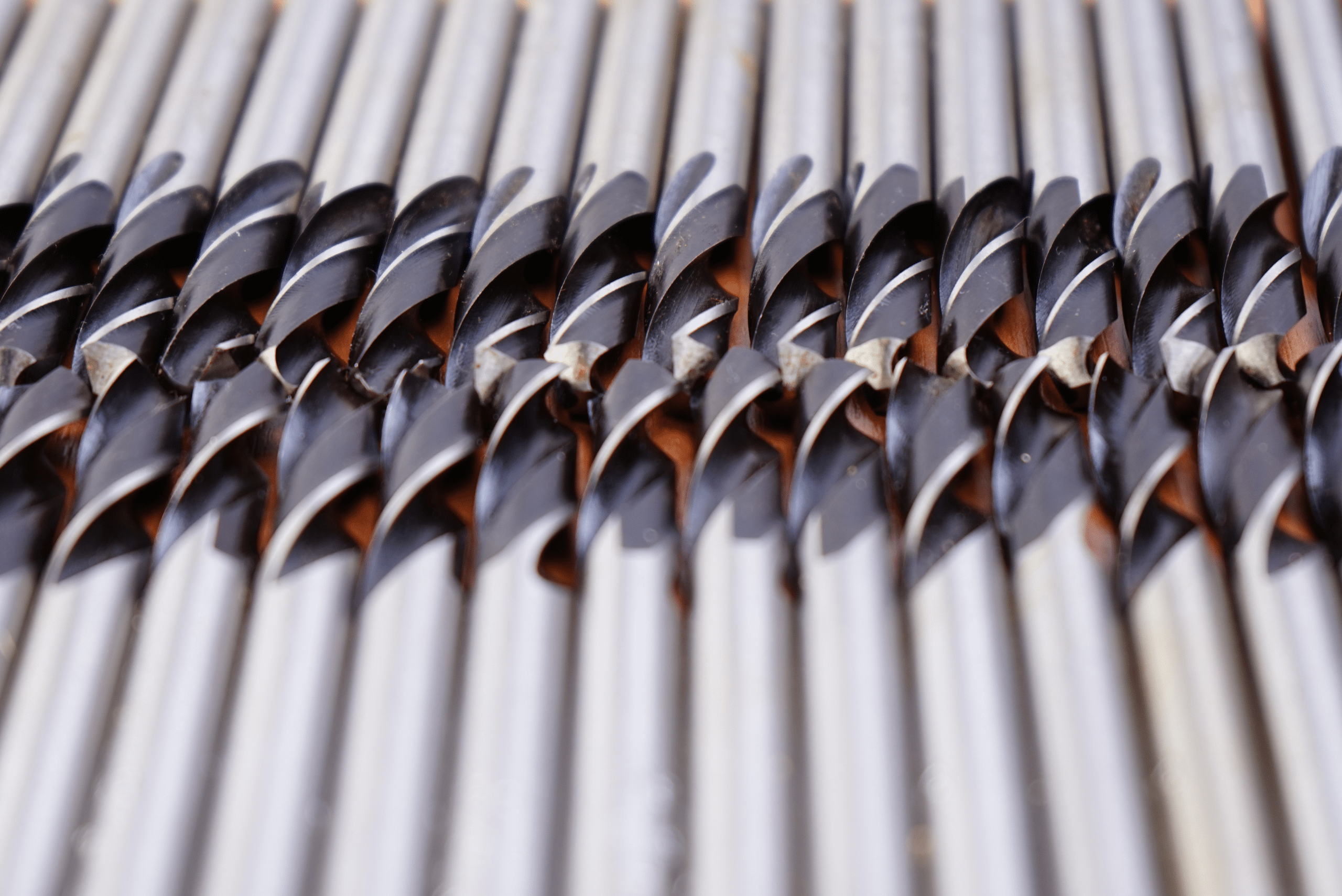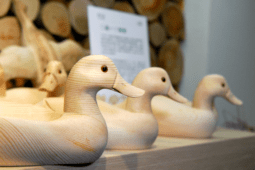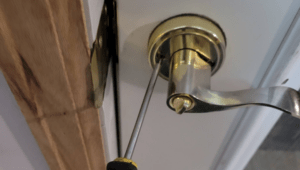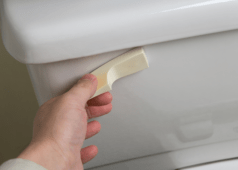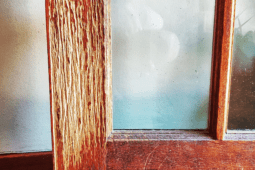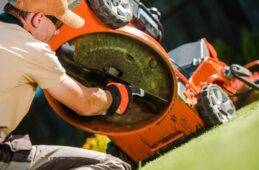Top Tips for Choosing and Using Drill Bits for Metal
Drilling holes in metals can be a challenging task, but with the right drill bits and techniques, it can be a breeze. We will explore everything you need to know about choosing and using drill bits for metal. From understanding the different types of drill bits to mastering the best practices for drilling through metal, this article will equip you with the knowledge and skills to tackle any metal drilling project with confidence.
Choosing the Right Drill Bit for Your Metal Project
Selecting the optimal drill bit extends beyond material considerations. For softer metals like aluminum, opt for high-speed steel (HSS) bits to prevent excessive wear. When dealing with stainless steel or other hardened metals, cobalt or carbide bits are better suited due to their increased heat resistance.
For precise and clean holes, consider using a center punch to create an indentation for the drill bit to grip, preventing any wandering during the drilling process. Additionally, employing lubricants specific to metal drilling, such as cutting oil, ensures smoother cutting and prolongs the life of your drill bits.
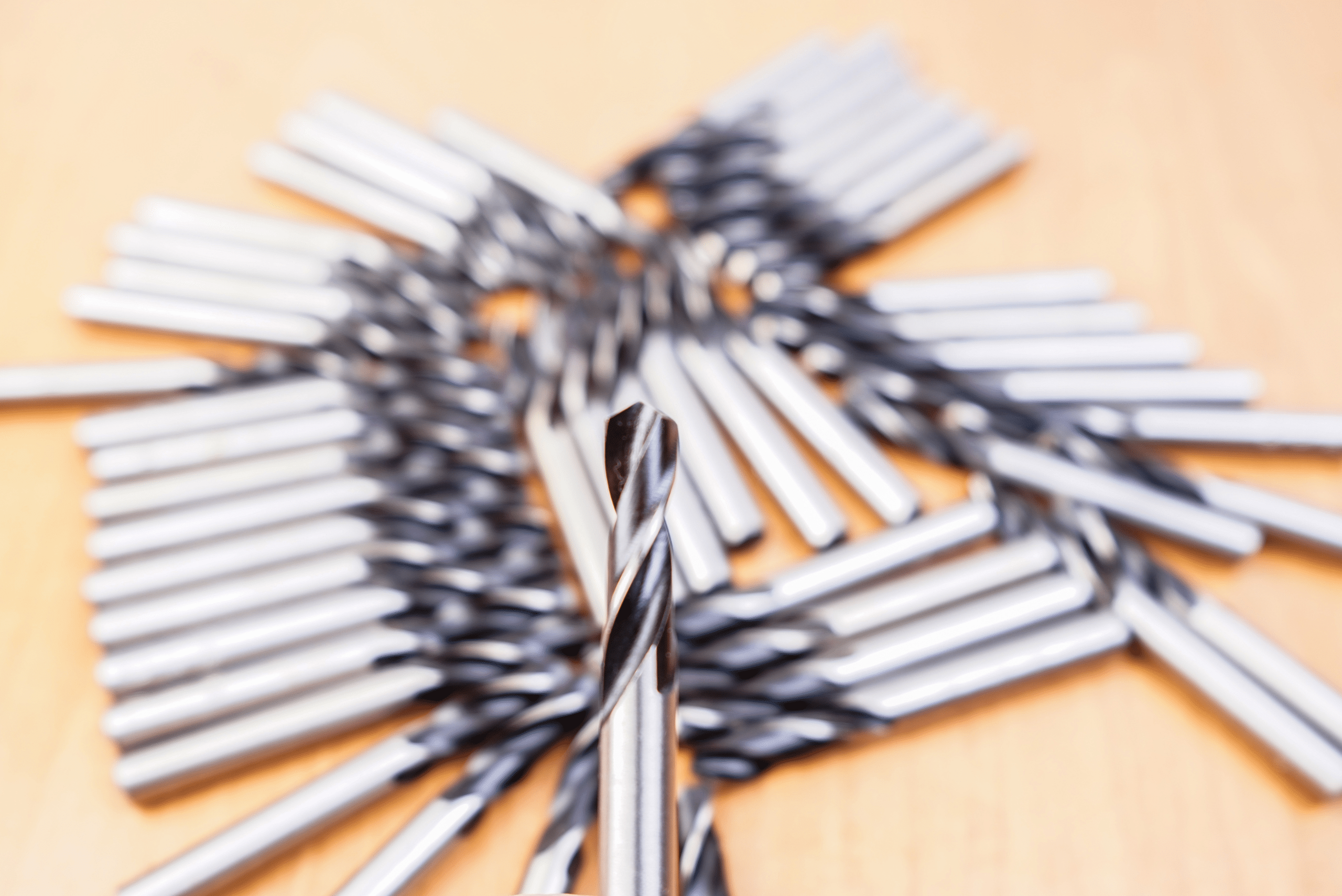
Key Features to Look for in High-Quality Drill Bits
Investing in high-quality drill bits significantly impacts performance and longevity. Look for bits with a 135-degree split point, as they provide better centering and reduce the risk of “walking” on the metal surface.
Coated bits, such as those with titanium nitride (TiN) or black oxide coatings, offer increased hardness and heat resistance. When dealing with deep holes, consider bits with flutes designed for efficient chip removal, preventing overheating and maintaining drilling precision.
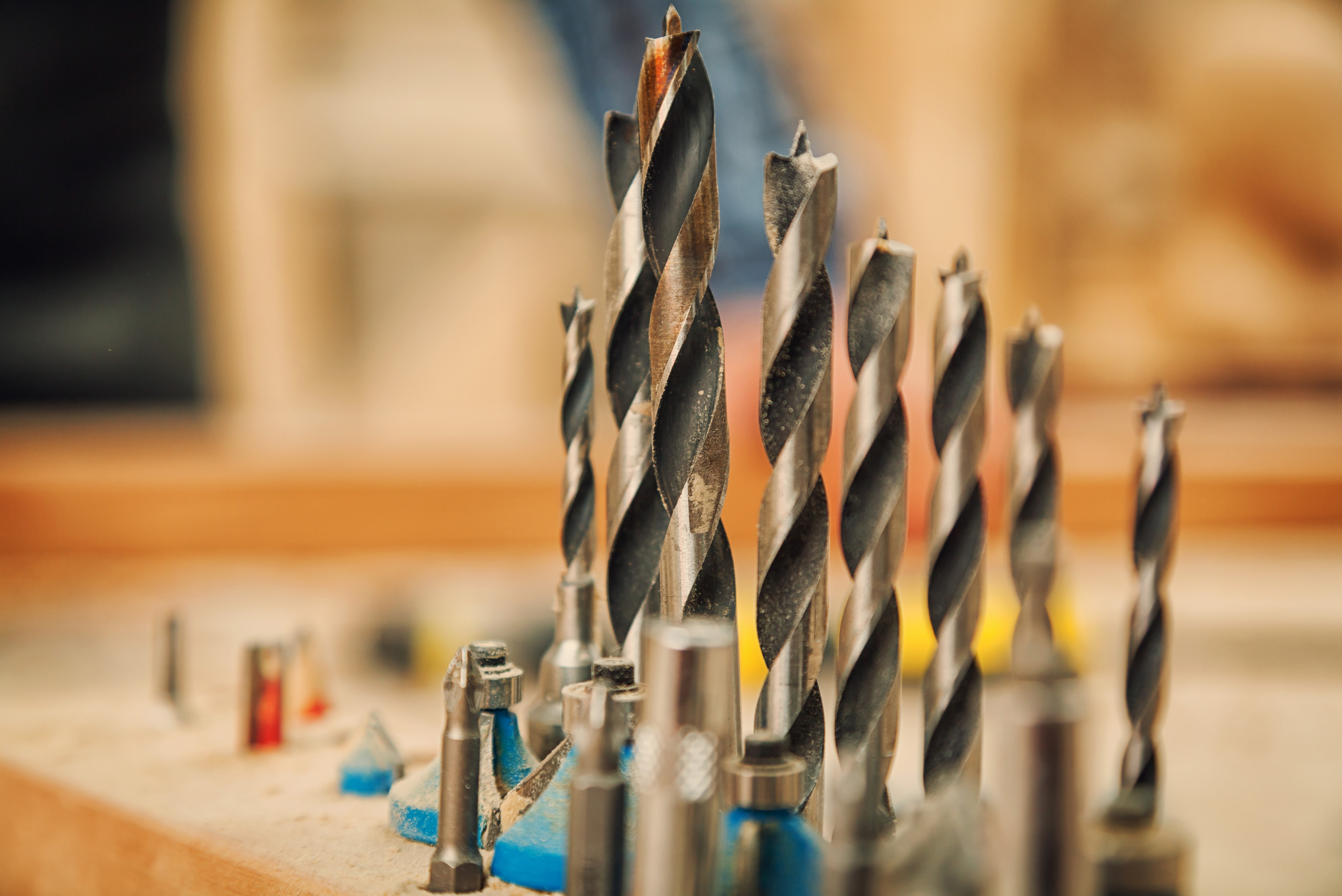
Best Practices for Drilling Holes in Metal
Achieving optimal results in metal drilling requires adherence to best practices. When drilling, start at a slow speed and gradually increase to prevent overheating. Use a constant and even pressure to avoid bit breakage or surface damage. Employing a lubricant not only reduces friction but also dissipates heat, preventing premature bit wear.
For larger holes, consider step drill bits, gradually increasing the hole diameter to minimize the load on the bit. Always secure the workpiece firmly, and when possible, use a drill press for enhanced accuracy and control.
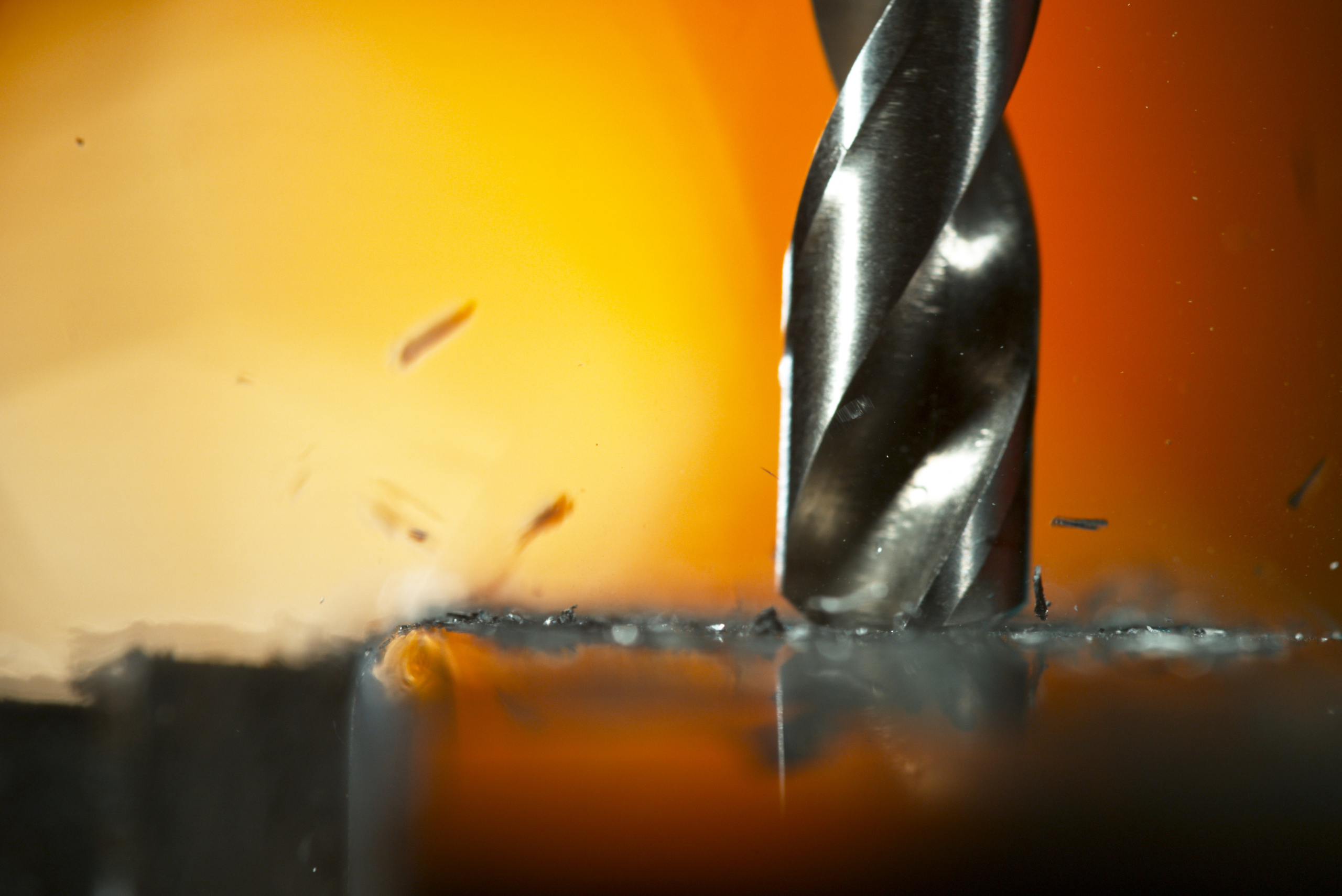
Advanced Techniques for Specialized Metal Drilling Applications
For specialized metal drilling tasks, such as creating large-diameter holes or working with hardened steel, advanced techniques are paramount. Annular cutters, with their core drill design, excel in producing large holes efficiently.
When dealing with hardened steel, use carbide or cobalt bits and maintain a low RPM to prevent overheating. Peck drilling, a technique involving frequent withdrawal of the bit to clear chips, is effective in deep-hole drilling, preventing bit breakage and ensuring a cleaner hole.
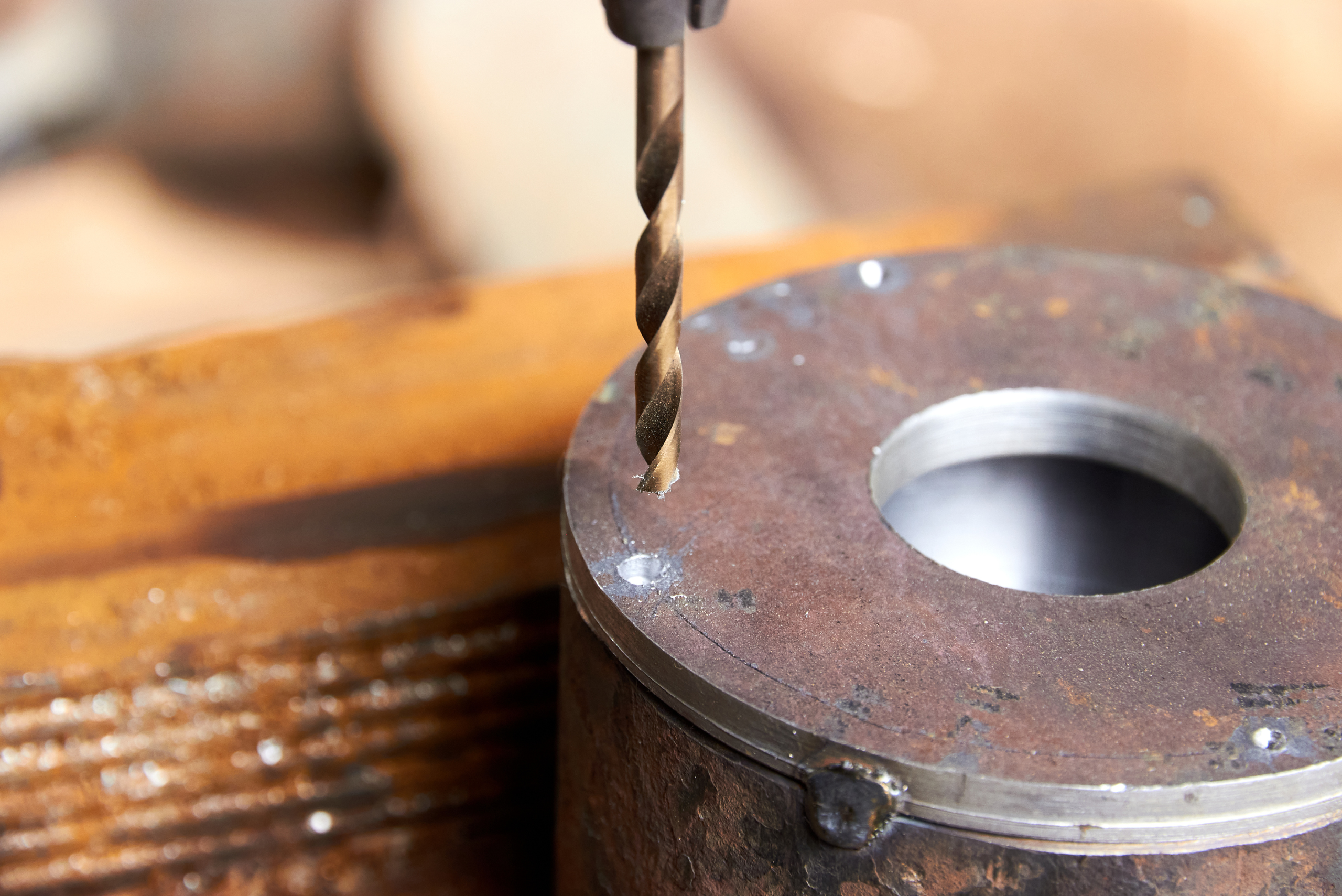
Common Mistakes to Avoid When Drilling Holes in Metal
Even seasoned professionals can fall prey to common mistakes when drilling through metal. Using the wrong type of drill bit for the metal can result in reduced efficiency and premature wear.
Applying excessive force may lead to bit breakage and surface damage. Avoiding these pitfalls ensures a smoother drilling process and extends the lifespan of your drill bits, ultimately yielding superior results.
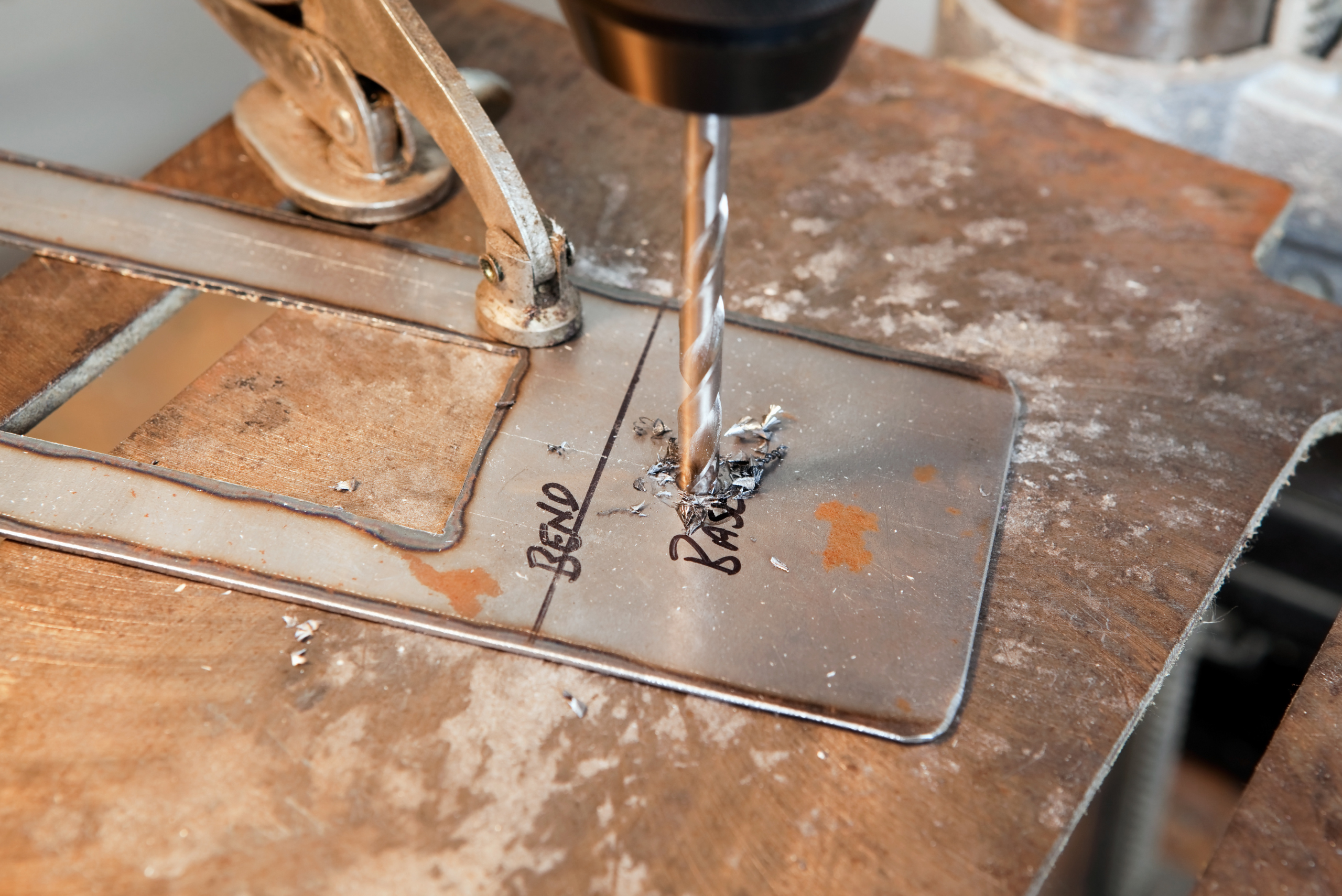
Maintaining and Sharpening Drill Bits for Extended Use
Ensuring the longevity of your drill bits involves proper maintenance and sharpening techniques. Regularly inspect bits for wear and clean off any debris. When sharpening, use a dedicated bit sharpener or a grinding wheel, maintaining the original angle to preserve cutting efficiency.
Remember to sharpen both edges evenly to maintain balance. Proper storage in a dry environment, away from other tools to prevent damage, is essential for preserving the integrity of your drill bits.
Mastering the art of drilling holes in metal is a valuable skill that opens up a world of possibilities for DIY enthusiasts and professionals alike. By understanding the different types of drill bits, you can easily tackle your DIY projects, knowing that you have the right bits to make clean and accurate holes in just about any material during your build.
